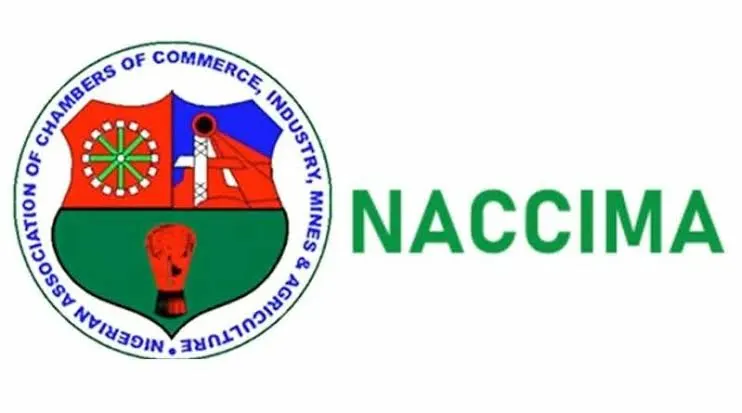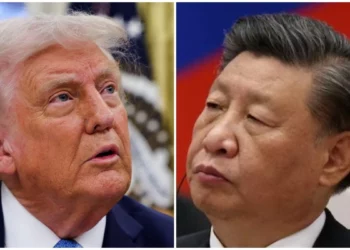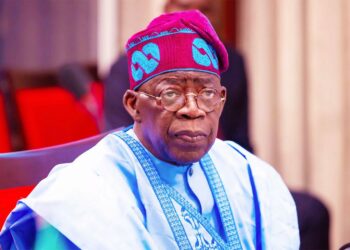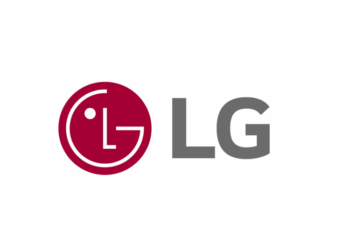The Nigerian Association of Chambers of Commerce, Industry, Mines and Agriculture (NACCIMA) has called for urgent economic reforms to address imbalances threatening the private sector in the country.
The association said fresh key fiscal policies have become necessary following unsatisfactory economic performance of 2024 especially as it affects the private sector.
National president of NACCIMA, Dele Kelvin Oye, in a statement said all data metrics and statistics have confirmed that the Nigerian private sector bore fully, the negative burdens of the nation’s current economic reforms, facing very harsh conditions including high inflation, increased borrowing costs, and currency devaluation.
Oye, who emphasised the urgent need for reforms to avert further economic strain on private sector as the New Year begins, noted that Nigeria is a country with huge potential, innovative private sector minds, capital and opportunities, and deserves a listening economic team and team players who must recognise the private sector as stakeholders.
According to him, “We should agree that the 2024 economic performance was unsatisfactory for the private sector. All data, metrics and consequent statistics confirm that the Nigerian private sector has borne fully, the negative burdens of the current economic reforms.
“While in contrast, the Nigerian public sector continues to thrive and expand. All economic benefits of the recent economic reforms have been translated to the public sector through high capital transfers and revenues. The private sector faced higher inflation, higher cost of borrowing/repayment for existing loans, the 2.4 billion USD CBN unpaid forwards, currency devaluation and higher costs in all sectors of the economy.
“This continued imbalance caused by increased public sector expenditure has destroyed value in the private sector due to excessive fiscal deficits which are financed through government borrowing at very high unsustainable interest rates. We are therefore making recommendations and suggestions that may be considered in the short to medium term.”
He went on to say, “Fiscal deficits arise when public sector expenditure exceeds public sector income. The funding of these fiscal deficits through borrowing results into high interest rates and high inflation.
“The solution to high interest rates and high inflation, is for the public sector to spend less and to start becoming an efficient productive unit.
“We also need to debunk the myth of government earning more revenue under the pretext of improved productivity. For avoidance of doubt, payment of customs duties and taxation are not due to improved government productivity.”
“These revenues are purely private sector revenues which constitute a transfer of wealth and capital from the productive private sector to an ever expanding unproductive public sector. The public sector does not own factories nor does it produce any goods and services sold to the customers. Rather it extracts value from the citizens through regulatory fiat. Awarding contracts is not the same as enhancing production.”
Oye, added, “For 2025, the expenditure framework is skewed towards huge capital transfers to certain sectors which will not add value to the national wealth. The payment of high interest rates to local and overseas creditors regardless of asset class is close to financial “harakiri”. Financial assets (loans) should be created and counterbalanced by equivalent investment in productive assets which are expected to repay the loans.














